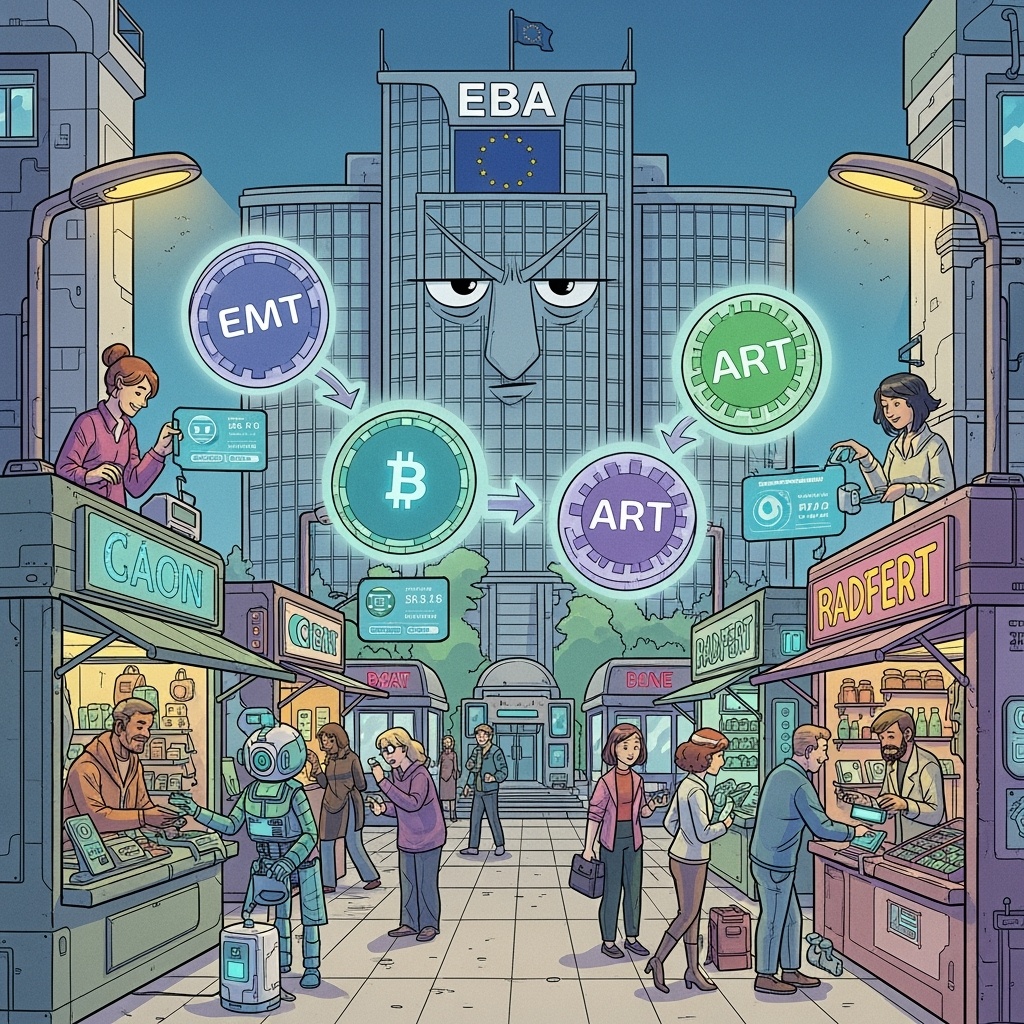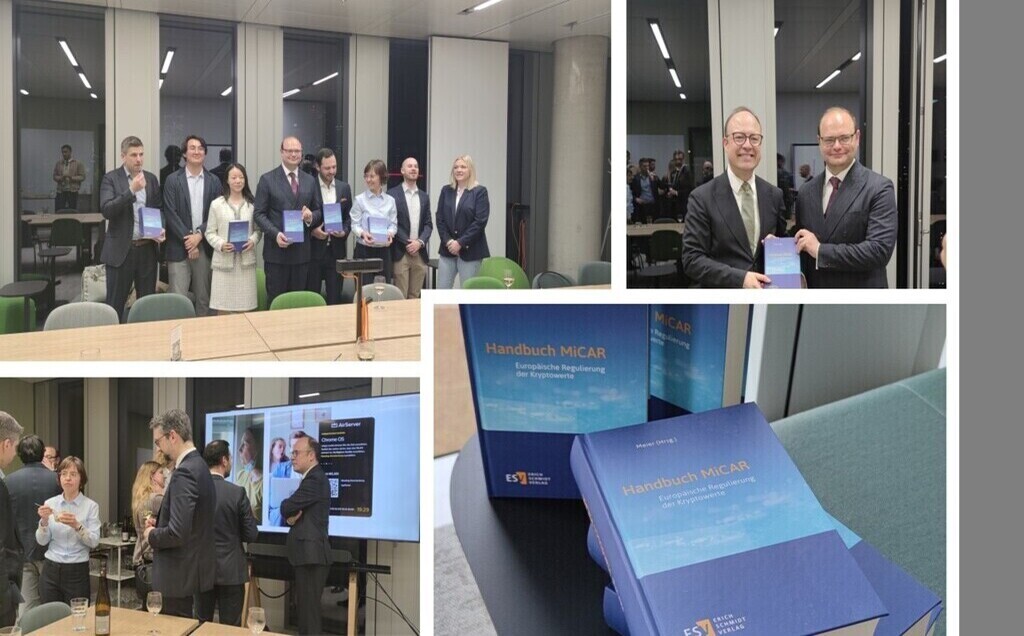Stablecoins have been specifically regulated crypto assets since summer 2024 under the Markets in Crypto Assets Regulation (MiCAR). They can be issued either as E-Money Tokens (EMT) or as Asset Referenced Tokens (ART). In particular, the issuance of EMT or ART as an issuer is strictly and granularly regulated by MiCAR. The issuance of EMTs is reserved exclusively for electronic money institutions or credit institutions authorized in the European Union. The issuance of ARTs may only be carried out by companies explicitly authorized as ART issuers in accordance with Art. 16 ff. MiCAR or by credit institutions. However, it is not only the issuance of EMTs or ARTs that may be subject to licensing requirements. If EMTs or ARTs are accepted as means of payment, transaction support services may constitute activities subject to licensing that may not be provided without prior authorization from the competent supervisory authority, such as BaFin in Germany. It is not only MiCAR that plays a role in this, as crypto-asset services are regulated as activities subject to authorization. The provisions of the German Payment Services Supervision Act (ZAG), which is based on the requirements of the second Payment Services Directive (PSD2), may also have to be taken into account in individual cases.
E-Money Tokens are Both Crypto Assets and E-Money
Article 48(2) MiCAR provides for the special feature that E-Money Tokens are considered e-money. At the same time, however, they are also defined in Article 3(1)(7) MiCAR as crypto-assets whose value stability is to be maintained by reference to the value of an official currency. EMTs thus have a hybrid status for regulatory purposes. While they are subject to the provisions of MiCAR as a special form of crypto-asset, as electronic money within the meaning of Article 2(2) of the Second Electronic Money Directive (EMD2) and Section 1 (2) sentence 3 ZAG, they are also a form of monetary value within the meaning of Article 4 No. 25 PSD2 and can therefore be the subject of payment services requiring authorization. In this regard, the European Banking Authority (EBA) published a “no-action letter” on June 10, 2025, in which it advised national supervisory authorities in the European Union not to require compliance with the provisions of PSD2 in relation to the provision of payment services with EMT to affected companies until March 2, 2026. Currently, therefore, service providers offering customers custody or transaction-supporting services in connection with EMT must have authorization as a crypto asset service provider (CASP) pursuant to Art. 59 et seq. MiCAR. MiCAR does not provide for a sectoral exemption for limited networks, for exclusive use on enclosed business premises, or for limited ranges of services or goods. In this respect, there is no exemption from the general CASP authorization requirement in such constellations. However, for the period after March 2, 2026, business models falling under the exemptions for limited dealer networks may be able to avoid an additional licensing requirement under Section 10 (1) ZAG by making use of these exemptions.
ART are Mere Crypto Assets and are Not Subject to the ZAG
The situation is different for asset-referenced tokens in that, although they qualify as crypto assets under Article 3(1)(6) MiCAR, MiCAR does not contain any provision classifying ART as monetary amounts within the meaning of PSD2. ART are therefore not subject to the regulatory regime of the ZAG. Recital 62 MiCAR mentions, for example, that ART may pose a threat to the smooth functioning of payment systems, monetary policy transmission or monetary sovereignty, which at least places them in the realm of means of payment comparable to monetary amounts. However, in its “No-Action Letter” dated June 10, 2025, the EBA also clarified that it is of the opinion that ART should not be classified as monetary amounts within the meaning of PSD2. In light of this, based on the current legal situation, it can be assumed that only the provisions of MiCAR apply to the custody of and transaction support in connection with ART. Accordingly, service providers cannot take advantage of the exemptions under payment services law for closed networks or limited range of goods or services offerings. They must either obtain authorization under MiCAR as a CASP or seek to apply the exemptions set out in Art. 2 MiCAR to their business model, provided that this is possible in individual cases.
Attorney Dr. Lutz Auffenberg, LL.M (London).
subscribe to Newsletter






